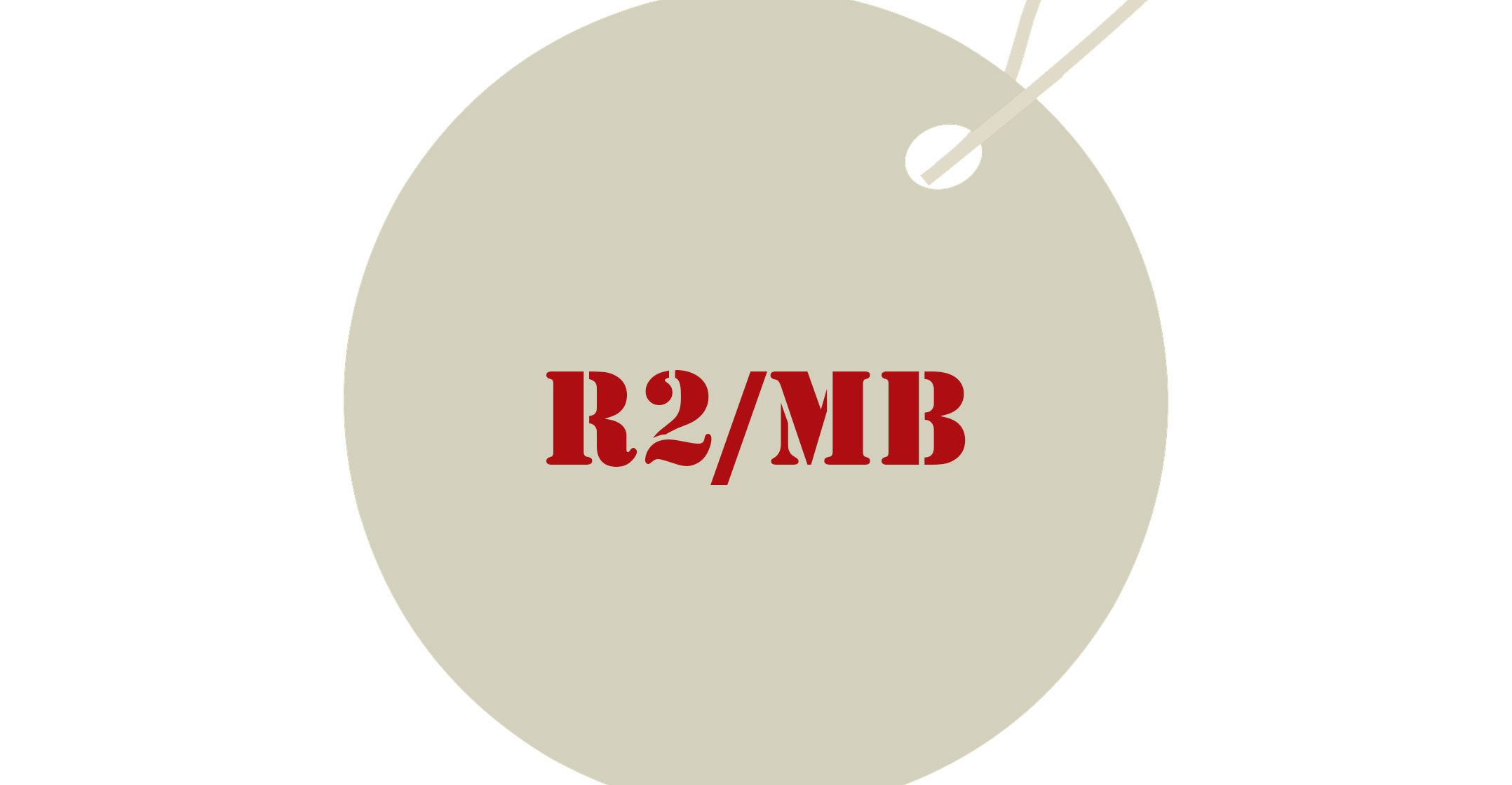
[dropcap]I[/dropcap]t’s surprising that the country’s major mobile operators haven’t trumpeted the death of R2/MB charges for out-of-bundle data. That pricing — a staple of the industry since Vodacom’s launch of 3G services in 2004 — has practically disappeared.
Vodacom, with over 50% market share in South Africa, has reduced out-of-bundle rates on prepaid packages by 25% to R1.50/MB. On contract, this has dropped even further to R1. It says, in its annual report, that “further price decreases are planned for this year”.
An internal Vodacom pricing document suggests that the R1/MB rate on contract will drop to R3/5MB later in 2017. It is important to note that this differs from a straight 66c/MB. Rather, customers will seemingly be allocated mini-bundles of 5MB at R3 each in an out-of-bundle scenario. It remains to be seen exactly how Vodacom will implement this (and explain it to customers).
The operator took the rather unprecedented move of highlighting the #datamustfall campaign and its response in its integrated report. It said: “The cost of accessing communications services remains an ongoing concern for customers and policy makers. In South Africa, the cost of data received particular attention following a #datamustfall campaign launched in September 2016 by a South African radio personality. This culminated in hearings at a parliamentary portfolio committee on the suggested social impacts of perceived high data costs, where we highlighted the impact of our pricing transformation strategy, and our personalised packages aimed at giving customers greater value. We have various initiatives in place aimed at driving down the cost of data and encouraging customers to optimise the use of bundles.”
MTN has also cut out-of-bundle rates on all but one of its main PayAsYouGo plans. Rates are generally now 99c/MB. On contract, data is also largely flat-rated at 99c/MB.
Ironically, Cell C which was the first operator to offer out-of-bundle data at the 99c/MB level (in 2012) this year increased pricing by 10% to R1.10 on most packages (prepaid and post-paid).
29c/MB
Telkom’s mobile offering has had out-of-bundle data priced at R1/MB since its launch as 8ta. In mid-2015, it cut this dramatically to 29c/MB on all packages.
It’s important to bear in mind that out-of-bundle pricing bears shows zero resemblance to the underlying cost of delivering that data. In fact, pricing is deliberately punitive in that operators want customers to buy data bundles. With bundles, per megabyte pricing begins at around the 60c mark (for smaller bundles like R5 or R9) and decreases to less than 10c on the larger packages (generally around 3GB across the three larger operators, and from 1GB on Telkom).

In the past, Vodacom has used the excuse that operators use data from these bundle purchases to plan capacity on their networks. That might be a reason. But bundles also drive customers to use more data and to get used to doing so. This is particularly prevalent in the prepaid space where subscribers will divert (what is essentially) discretionary spending away from other things to buying more airtime to convert to data bundles. This means that, over time, they’ll spend more on data (and airtime) even as it gets cheaper. Price elasticity 101.
The more opaque side of the bundle pricing strategy is that operators are getting customers to pre-buy data, some of which expires that day or that week or month (depending on the package). That wastage is factored into pricing: operators know exactly what percentage of a data bundle purchased is not likely to be used before it expires.
Some operators have shifted to allow data rollover to the following month (on certain bundles and/or price plans) and we can expect pressure in the market (or regulation) to force this into being the standard inside the next year.
There’s no disputing the assertion by operators that the effective price of data has been on the decline. In May, Vodacom said the price of data on its network in South Africa had dropped by 44% over the last three years. That is completely expected, given that it sold 184m data bundles in the 2015 financial year, 342m in FY2016 and 495m in the past year. Subscribers are using more — and bigger — data bundles, and that means the effective price they’re paying per megabyte is coming down.
Arguably, however, data prices could be declining faster. After the hard-line involvement by parliament and then regulator, Icasa, in the mobile termination rate saga, operators are surely not too keen on this happening again, but for data pricing. Perhaps that’s why they didn’t want to attract too much attention to the changes quietly made after the portfolio committee hearings in light of the #datamustfall campaign.
- Hilton Tarrant works at immedia. This column was first published on Moneyweb and is used here with permission

